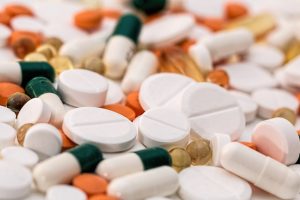Microorganisms, however, are also allies of our health, and medicine is focusing on how they respond to infections in order to develop personalized treatments that take our little guests into account. The set of microorganisms that inhabit another living organism is known as microbiota. These microorganisms also have genetic information, which is why the term microbiome (which would include all those genes) has also been coined.
A Microscopic Battle: Microbes To Defend Ourselves Against Pathogens
Our immune system has two types of response: innate immunity, the first line of defense against infectious agents, and the adaptive immune system, which creates a specific response for each infectious agent and stores in memory how to prevent reinfection in the future. In other words, it allows us to differentiate our own microorganisms from those of others.
The Microbiota And Immunity Against Covid-19
According to the same study, microorganisms in our intestines, in addition to helping us regulate different aspects of our health, would also allow us to prevent potentially dangerous immune reactions that damage the lungs and other vital organs in cases of SARS-CoV-2 infection.
Strengthening the immune system is possible by interacting with those microorganisms that are part of our microbiota.

A Door To Personalized Precision Medicine
Understanding how our immune response against the virus works is essential in order to find the exact composition of the antivirals and vaccines necessary to treat it. In this sense, microbiology and the study of the human microbiome will make it possible to shift the limits of personalized precision medicine and thus study opportunistic or potentially pathogenic microorganisms, or that may interfere with potential treatments. According to the researcher, Lindsay Kalan, a biochemist at the University of Wisconsin-Madison, it is “important to understand how the microbiome interacts with its human host before starting to manipulate it to treat ailments and diseases.”

 Pharmaceutical industry
Pharmaceutical industry